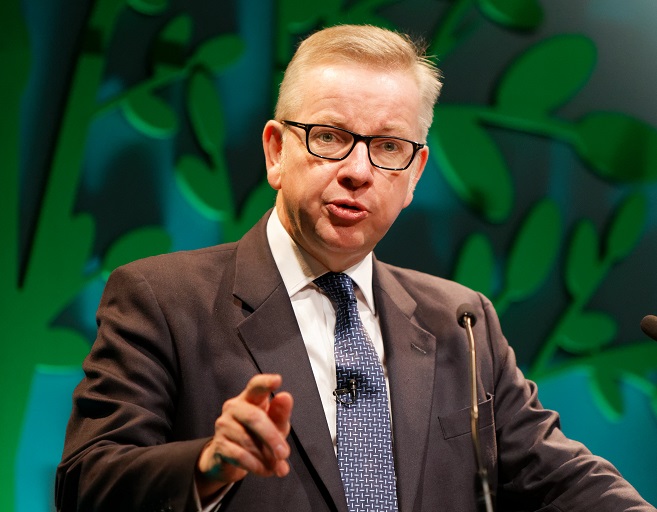The government has confirmed plans to introduce import controls on EU goods at the border after the transition period ends on 31 December 2020.
In a speech on 10 February by the Chancellor of the Duchy of Lancaster at a Border Delivery Group stakeholder event, he confirmed all UK exports and imports will be treated equally. This will mean traders in the EU and GB will have to submit customs declarations and be liable to goods’ checks. He also confirmed that the policy easements put in place for a potential no deal exit will not be reintroduced as businesses have time to prepare.
There are a number of reasons for implementing import controls, Gove said. These include keeping borders safe and secure; treating all partners equally during negotiations of trading arrangements with countries around the world; to collect the right customs, VAT and excise duties.
The EU has said it will enforce checks on British goods entering the Eurozone. Gove said this meant the UK would also “enforce our own rules for goods entering the UK”.
Business can prepare for border controls by making sure they have an Economic Operator Registration and Identification (EORI) number, and also looking into how they want to make declarations such as using a customs agent. The government said it would ensure facilitations currently available to rest of the world traders will also be open to those trading between GB and EU.
The Chancellor of the Duchy of Lancaster, Michael Gove said: “The UK will be outside the single market and outside the customs union, so we will have to be ready for the customs procedures and regulatory checks that will inevitably follow.
“As a result of that we will be in a stronger position, not just to make sure that our economy succeeds outside the European Union but that we are in a position to take advantage of new trading relationships with the rest of the world.”
HMRC extended the deadline for businesses to apply for customs support funding to 31 January 2021. To date, applications have been made for around £18.5 million out of a possible £26 million – meaning there is at least £7.5 million left to claim from HMRC.
This is aimed at GB/EU traders. This approach does not apply to the flow of trade between Northern Ireland and Ireland, or between Northern Ireland and GB.

Chloe Ryan
Editor of Poultry Business, Chloe has spent the past decade writing about the food industry from farming, through manufacturing, retail and foodservice. When not working, dog walking and reading biographies are her favourite hobbies.

